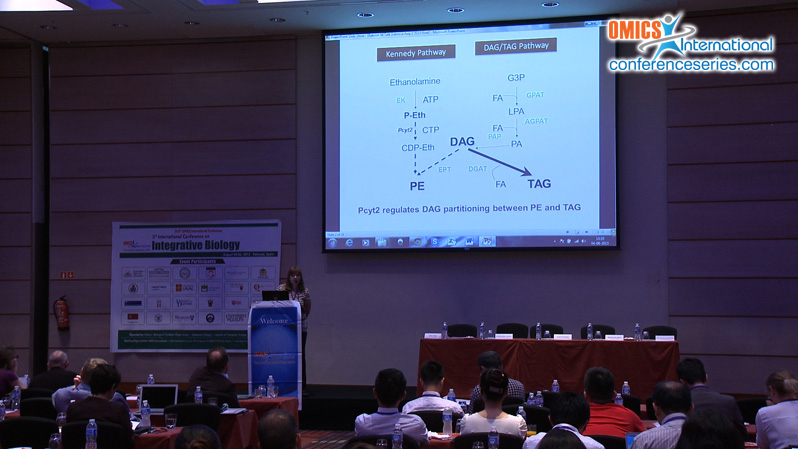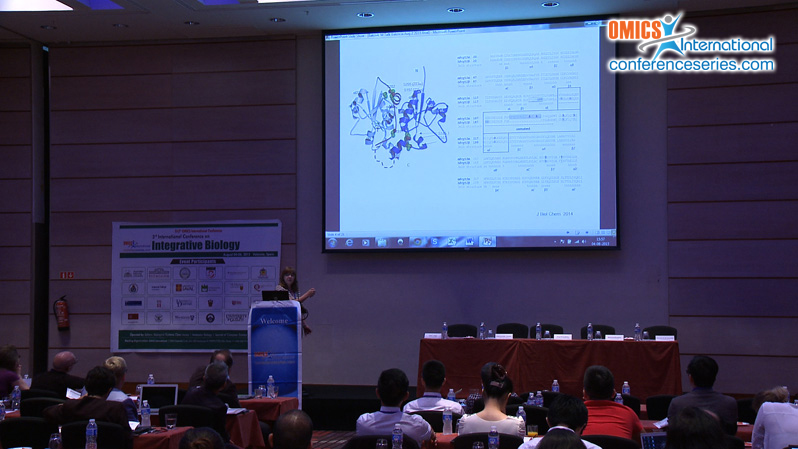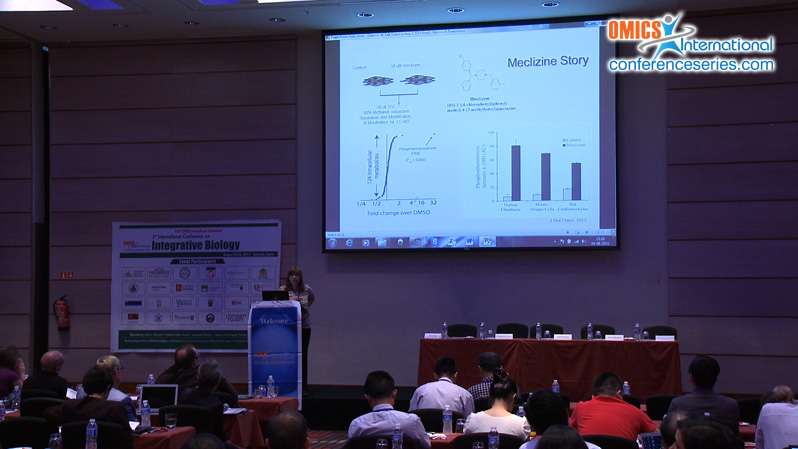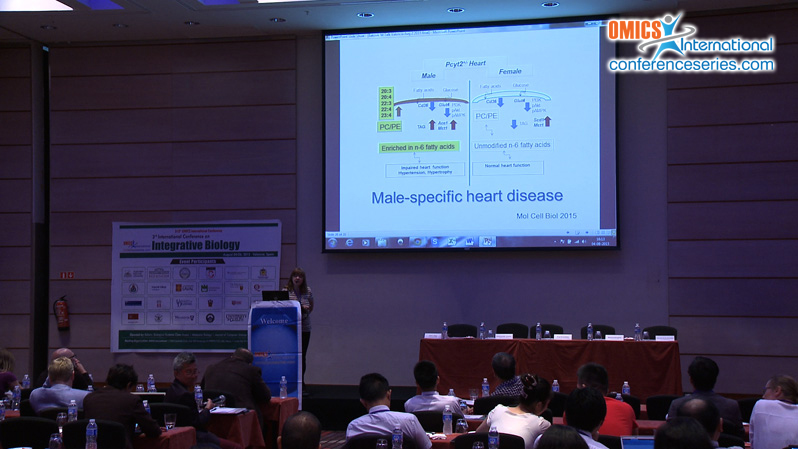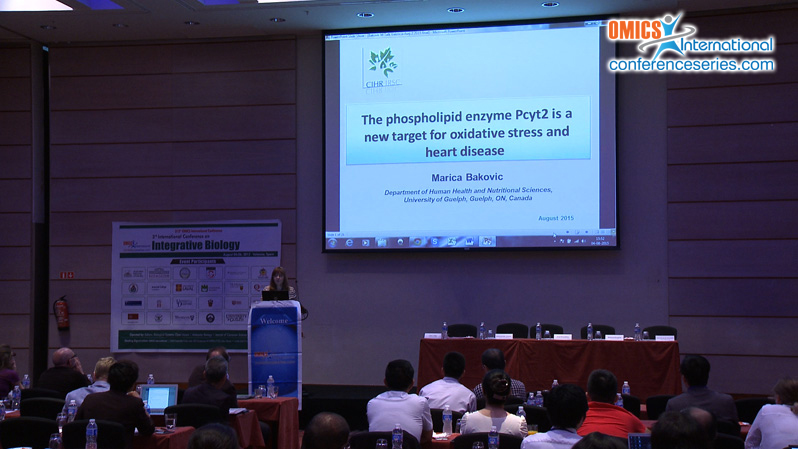
Bakovic Marica
University of Guelph, Canada
Title: The phospholipid enzyme CTP:phosphoethanolamine cytidylyltransferase (Pcyt2) is a new target for oxidative stress therapy and ischemia
Biography
Biography: Bakovic Marica
Abstract
It is well-known that is beneficial to transiently block respiration during ischemia/reperfusion; however there is an unmet clinical need for discovering new compounds and targets that can inhibit the respiration. We established that the ‘over-the-counter’ anti-histaminergic drug Meclizine could inhibit mitochondrial respiration (uncoupling the OXPHOS) by elevating the levels of phosphoethanolamine, an intracellular metabolite in phospholipid biosynthesis and the exclusive substrate of Pcyt2. That phosphoethanolamine was the only elevated intermediate (35-fold) during the inhibition of respiration with Meclizine strongly directed towards Pcyt2 as the drug target. The extensive metabolic studies as well as studies on recombinant Pcyt2 protein provided strong evidence for direct inhibition of Pcyt2 with Meclizine. The impact of our discovery is not only how to expand the future use of Meclizine but also to offer the first inhibitor for the CDP-ethanolamine Kennedy pathway, to continue to investigate the regulation of the membrane phospholipid synthesis and the basic function of Pcyt2. This is the first time to be demonstrated that the membrane biogenesis impacts mitochondrial OXPHOS and that the inhibition of the CDP ethanolamine pathway at the level of Pcyt2 is protective under pathological conditions of oxidative stress and ischemia.
Speaker Presentations
Speaker PDFs
Speaker PPTs Click Here

